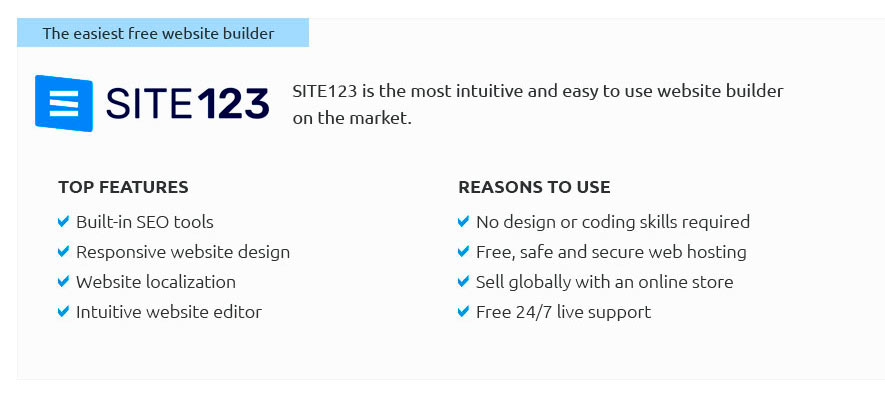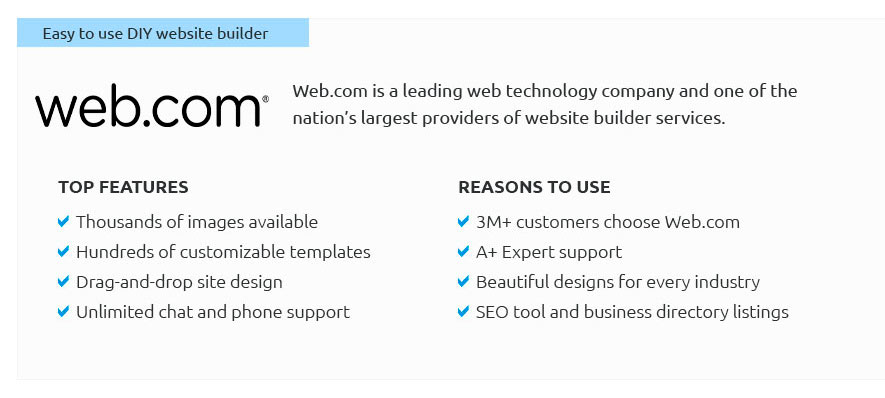 |
 |
 |
 |
|
 |
 |
 |
|
 |
|
 |
 |
|
 |
|
 |
|
 |
 |
How to Get a Web AddressSecuring a web address, often referred to as a domain name, is a fundamental step in establishing an online presence. This endeavor, while seemingly straightforward, involves several considerations and steps that can significantly impact your website's success. To start, it's important to understand what a domain name is: it's the unique address where users can access your website, typically ending in extensions such as .com, .org, or .net. The process of acquiring a web address begins with choosing a name that is both memorable and relevant to the content or purpose of your site. This decision requires creativity and strategic thinking, as the name should be easy to spell, pronounce, and remember, while also encapsulating the essence of your brand or personal identity. Once you've brainstormed potential names, the next step is to check their availability. This is done through a domain registrar, a service that manages the reservation of domain names. Popular registrars include GoDaddy, Namecheap, and Google Domains. During this stage, you may find that your first choice is already taken, which is a common hurdle. In such cases, it may be wise to consider alternative extensions or slight modifications to your chosen name. It's also worth noting that some names might be available for purchase through domain auctions or from individuals who have registered them but are willing to sell. Here, one should weigh the costs and benefits, as highly sought-after names can come with a steep price tag. After identifying an available name, the next move is to register it. This process involves selecting a registration period-typically ranging from one to ten years-and entering your contact and payment information. It's crucial to decide on the length of registration carefully; while longer periods might offer discounts, they also require a more substantial upfront investment. Additionally, most registrars offer the option to enable automatic renewal, which can help prevent the accidental expiration of your domain name. During registration, you may encounter upsells such as privacy protection, which conceals your personal information from the public WHOIS database. While optional, this service is recommended for those who value their privacy, as it helps reduce spam and protects against identity theft. Moreover, some registrars offer bundled services, including web hosting and email accounts, which can streamline the setup of your online presence. Finally, it's wise to consider the long-term implications of your choice. A domain name is a significant part of your brand identity, so changes can be disruptive. Thus, it's advisable to think ahead about scalability, potential rebranding, and the longevity of the name you choose. In conclusion, obtaining a web address is not merely a transactional step; it's a strategic decision that sets the foundation for your digital footprint. By thoughtfully navigating through the selection, registration, and maintenance of your domain, you can secure a web address that not only meets your current needs but also supports your future aspirations. https://stackoverflow.com/questions/6611805/how-to-get-web-address-of-email-service-from-an-email-address
go; symfony; opencv; t-sql; matplotlib .htaccess; google-chrome; for-loop; datetime; codeigniter; http; perl; validation; sockets; google-maps https://www.quora.com/How-do-I-get-URL-address-of-the-web-page
Question not clear . atleast to me. I presume that you want to send the address(url) of the current web page that has the form which sends ...
|